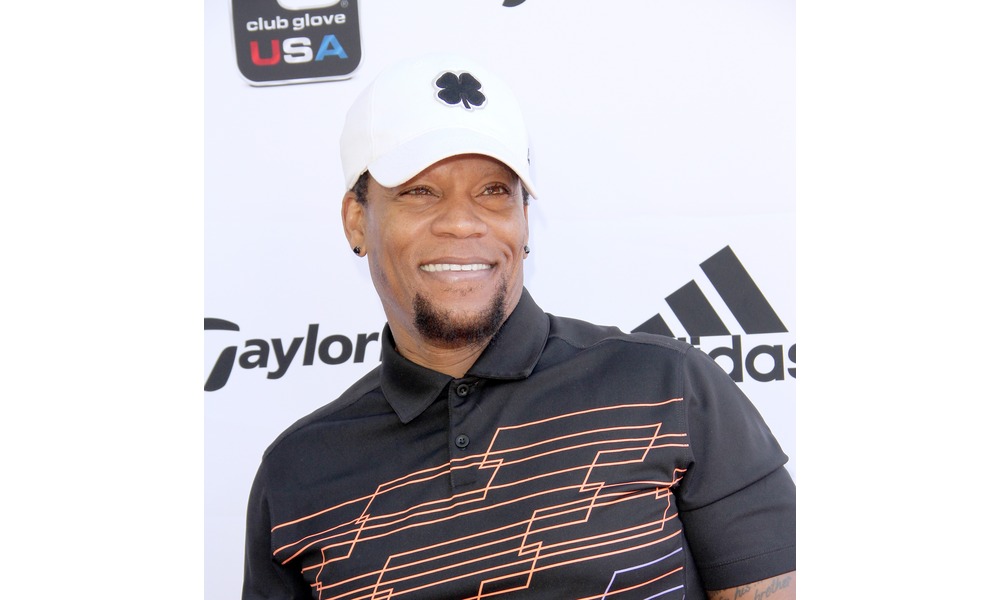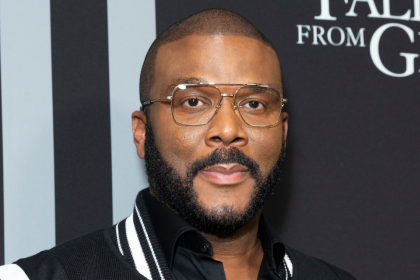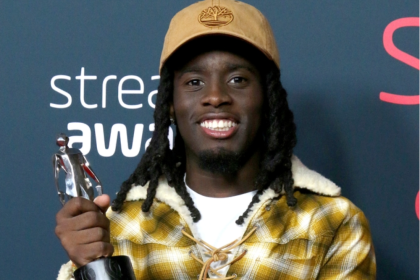Recently, Sean “Diddy” Combs was found not guilty on the most serious charges in his sex trafficking and racketeering trial, sparking a wave of reactions across social media. While many celebrated what they perceived as a vindication for the Bad Boy mogul, comedian D.L. Hughley expressed serious concern over the implications of such celebrations.
Hughley’s perspective highlights a crucial distinction between legal outcomes and moral accountability that often gets lost in celebrity culture discussions.
The social media eruption
As soon as the verdict was announced, social media erupted with reactions, particularly from segments of the Black community that have historically supported controversial figures like R. Kelly and Bill Cosby. Notable personalities like Ray J and Boosie Badazz took to their platforms to celebrate Diddy’s acquittal, framing it as a triumph for Black men in the entertainment industry.
The immediate response revealed how deeply celebrity trials can divide public opinion, especially when they intersect with issues of race, power, and systemic justice. Many supporters viewed the not-guilty verdict as validation of their faith in Diddy’s innocence.
However, this celebratory response quickly drew criticism from those who felt it overlooked the serious nature of the allegations and their impact on potential victims.
Hughley’s moral stance
In a recent interview with TMZ, D.L. Hughley shared his thoughts on the matter, emphasizing that while he does not believe Diddy was guilty of all charges, the celebration of the verdict itself raises moral questions. Hughley stated, “People should be celebrating justice — not the verdict itself.”
He highlighted that the trial revealed troubling aspects of Diddy’s behavior that should not be overlooked, regardless of the legal outcome. This distinction between legal guilt and moral accountability forms the core of Hughley’s criticism.
Hughley’s position reflects a growing conversation about how society should respond to celebrity trials, particularly when serious allegations are involved.
The wealth and justice connection
Hughley pointed out that Diddy was not charged with domestic abuse, despite evidence suggesting otherwise. He noted, “I think it shows two things: Money will buy a great defense. If he’s charged and he has a public defender, he’s convicted.”
This statement underscores the disparities in the justice system, particularly regarding wealth and access to quality legal representation. Hughley’s observation touches on a fundamental issue in American justice — the correlation between financial resources and legal outcomes.
The comedian’s comments highlight how celebrity status and wealth can influence both the charges brought and the defense mounted, raising questions about equal justice under the law.
A call for moral accountability
Hughley did not shy away from expressing his disdain for those celebrating Diddy’s verdict, describing them as “morally bankrupt.” He emphasized that even if Diddy was not convicted of the most serious crimes, his actions still reflect poorly on his character.
“Even if he’s not guilty of the crimes charged, he is a horrible dude,” Hughley asserted. This sentiment calls for a deeper reflection on the values we uphold as a society and challenges the tendency to equate legal vindication with moral absolution.
His critique suggests that public figures should be held to higher standards of behavior, regardless of legal outcomes.
The celebrity culture problem
The reaction to Diddy’s verdict raises important questions about how communities respond to allegations of misconduct among public figures. Celebrating a not-guilty verdict can sometimes overshadow the serious nature of the allegations and their impact on victims.
This pattern has emerged repeatedly in high-profile cases involving celebrities, where legal outcomes become conflated with moral judgment. The tendency to rally around celebrity figures, particularly within communities that feel underrepresented, can complicate discussions of accountability.
Hughley’s perspective serves as a reminder that justice should not be conflated with vindication, and that moral integrity should guide responses to such cases.
The broader implications
The controversy surrounding celebrations of Diddy’s verdict reflects deeper issues about celebrity worship, community loyalty, and moral standards. When public figures face serious allegations, the response often divides along lines of fandom, racial solidarity, and distrust of the justice system.
However, Hughley argues that these considerations shouldn’t override moral accountability. His criticism challenges supporters to consider whether their celebrations send the right message about acceptable behavior and treatment of alleged victims.
Moving forward
Hughley’s critique of the celebrations surrounding Diddy’s verdict serves as a necessary conversation starter about accountability and morality in celebrity culture. His comments highlight the importance of distinguishing between legal outcomes and moral judgment.
As society continues to grapple with high-profile cases involving allegations of misconduct, Hughley’s perspective offers a framework for more nuanced responses that prioritize justice and victim support over celebrity loyalty.
The larger conversation
This controversy extends beyond Diddy to broader questions about how society handles allegations against powerful figures. Hughley’s moral stance suggests that legal vindication shouldn’t automatically translate to social rehabilitation or celebration.
The comedian’s willingness to challenge popular sentiment within his own community demonstrates the complexity of these issues and the need for honest conversations about accountability, regardless of celebrity status or community loyalty.
Hughley’s criticism of Diddy verdict celebrations highlights the crucial difference between legal outcomes and moral accountability. His call for justice over vindication challenges society to maintain moral standards even when celebrating legal victories, emphasizing that character matters regardless of courtroom results.
















